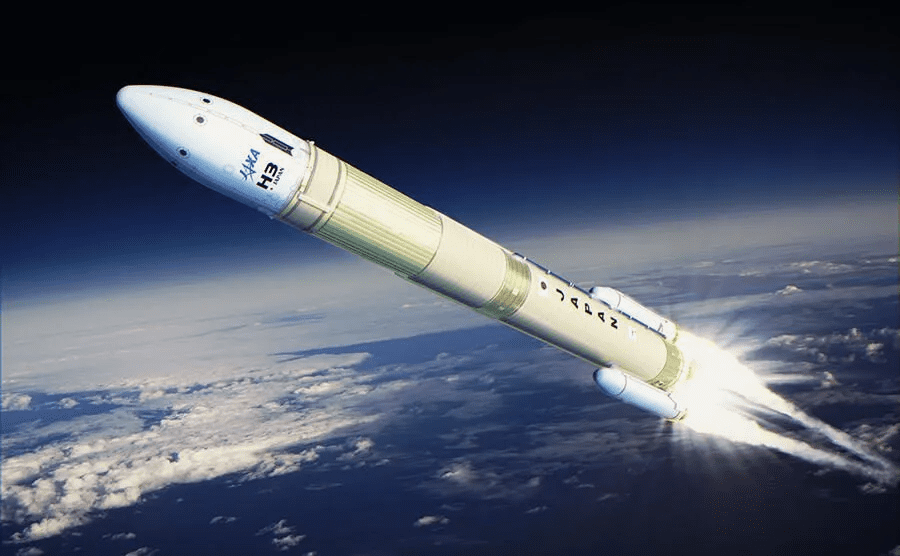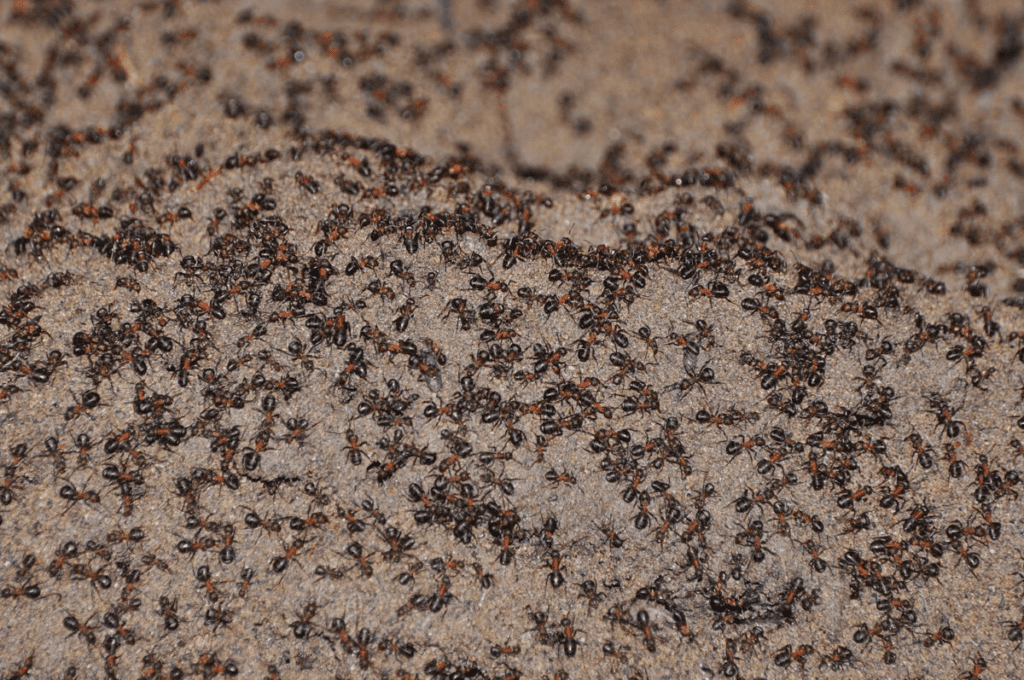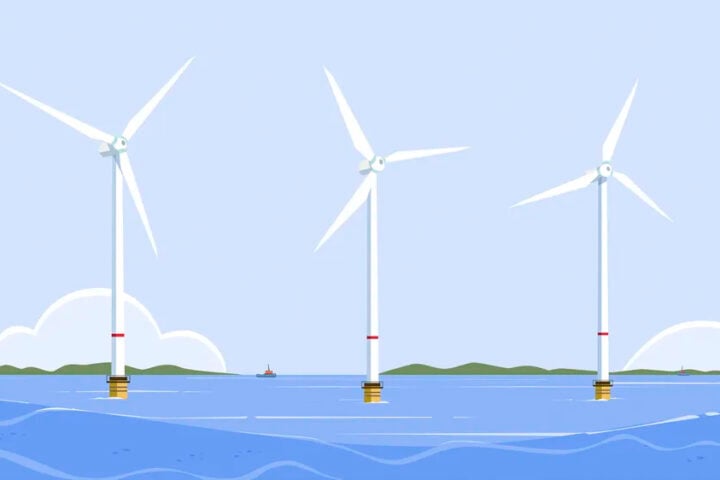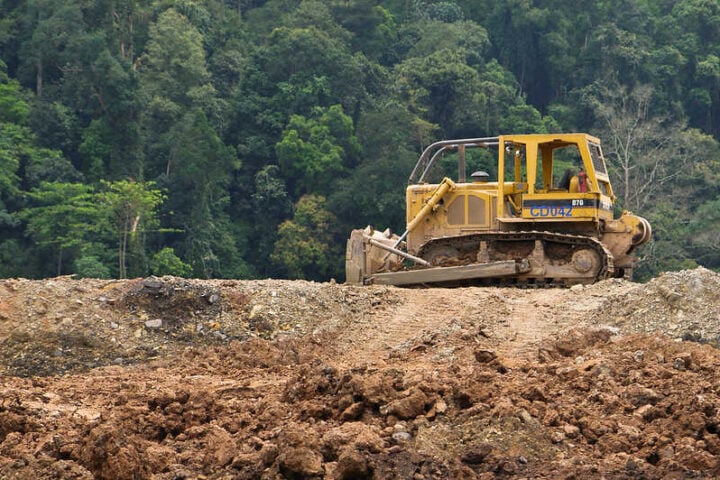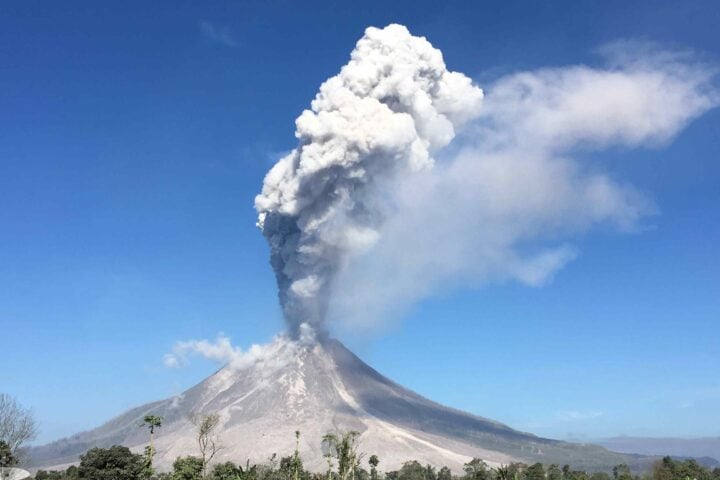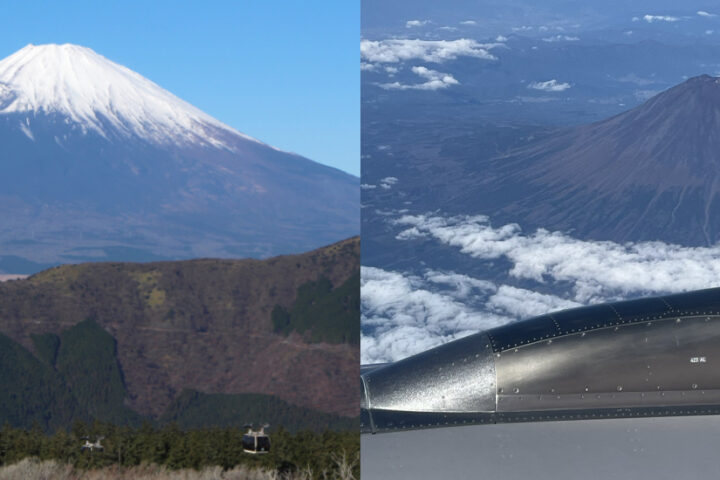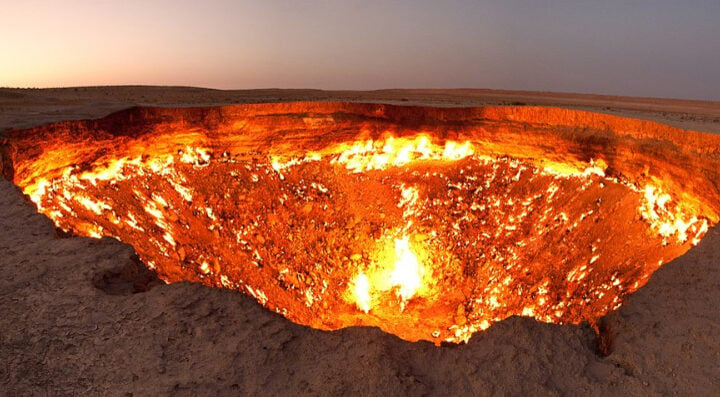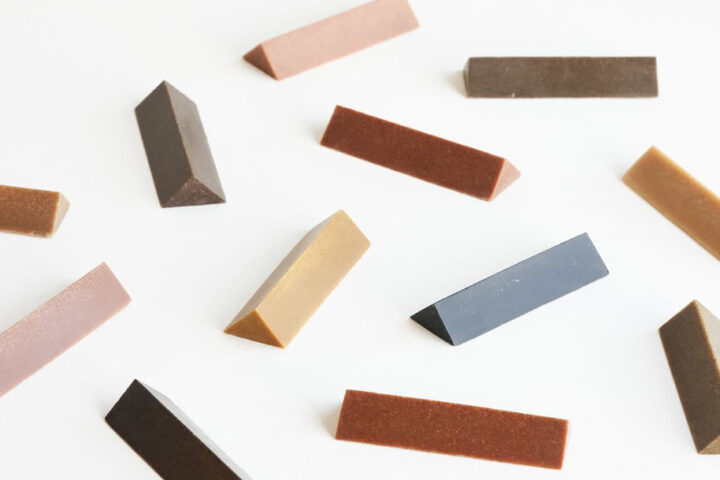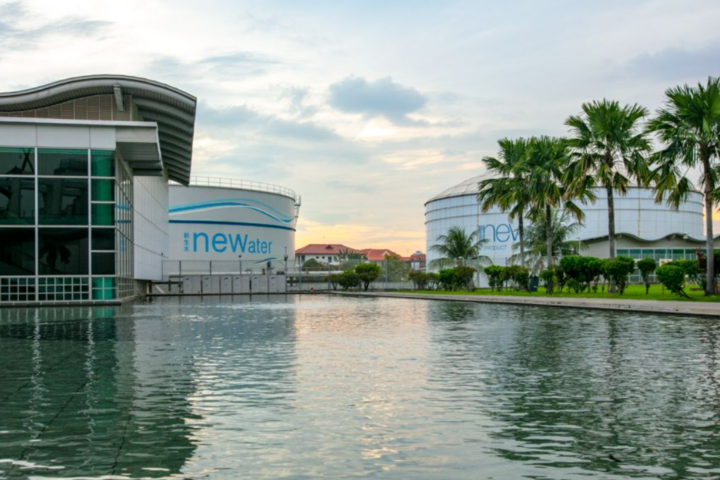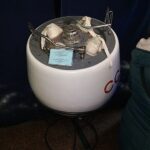The Japanese space agency, the Japan Aerospace Exploration Agency (JAXA), deliberately destroyed the H3 rocket just minutes after its launch on Tuesday, March 7, 2023. This critical decision was made because the ignition failed for the second stage. This brings a setback for Japan’s space program, and probably for its missile detection program too. It was also a disappointment for space fans who were supporting Tuesday’s retrial. The launch vehicle was carrying an Advanced Land Observation Satellite, or ALOS-3, whose function was primarily Earth observation and data collection for disaster response and mapmaking. The rocket was also carrying an experimental infrared sensor developed by the Defense Ministry to monitor military activity, including missile launches.
This is the second failure in six months and the last one was a smaller Epsilon-series solid-fueled rocket designed to launch scientific satellites in October. The H3’s launch had also been delayed for more than two years now, because of an engine development delay. During a launch in February, an electrical glitch just before the launch had caused a halt and even narrowly saved the rocket.
JAXA officials have apologized for the failure, and stated that it sent a command to destroy the rocket about 14 minutes after liftoff as its failure was imminent. Yasuhiro Funo, JAXA director for launch implementation, said during the second stage, its payload fell into the deep sea near the eastern coast of the Philippines. He also mentioned the rocket would fail to enter the targeted orbit while carrying a lot of fuel, hence was unsafe and had to be destroyed. No damages or injuries were reported on ground due to the destruction of the rocket or its falling debris.
JAXA President Hiroshi Yamakawa said analyzing the malfunction and regaining the trust comes first. He mentioned that currently the space launch business is very competitive. Major players including SpaceX and Arianespace are moving forward and delays and additional costs are both burdens as well as setbacks. But they claim they will achieve international competitiveness from the perspectives of cost and user-friendliness in delivering satellites.
- 29,000 Ceramic Poppies at Tower of London Mark VE Day 80th Anniversary in UK Memorial
- Volvo-Polestar Recall: 440,000 Vehicles With Faulty Backup Cameras Need Software Fix By June
- Venomous Asian Needle Ant Invades 19 US States: Health Alert for 2.1% Fatal Reaction Risk and 74.9% Habitat Expansion
- Yellowstone Baked Beans Recall: 4,515 Cases in 23 States Contain Undeclared Soy Allergen Risk
- Entergy Mississippi Restores 79% of Power After Storms Hit 10,948 Customers as Hurricane Season Approaches
Currently there is no plan for an alternative satellite launch to replace the earlier generation of ALOS, mentioned Katsuhiko Hara, Education, Culture, Sports, Science and Technology minister. He didn’t comment on how the delay could affect disaster and missile detection capabilities.
